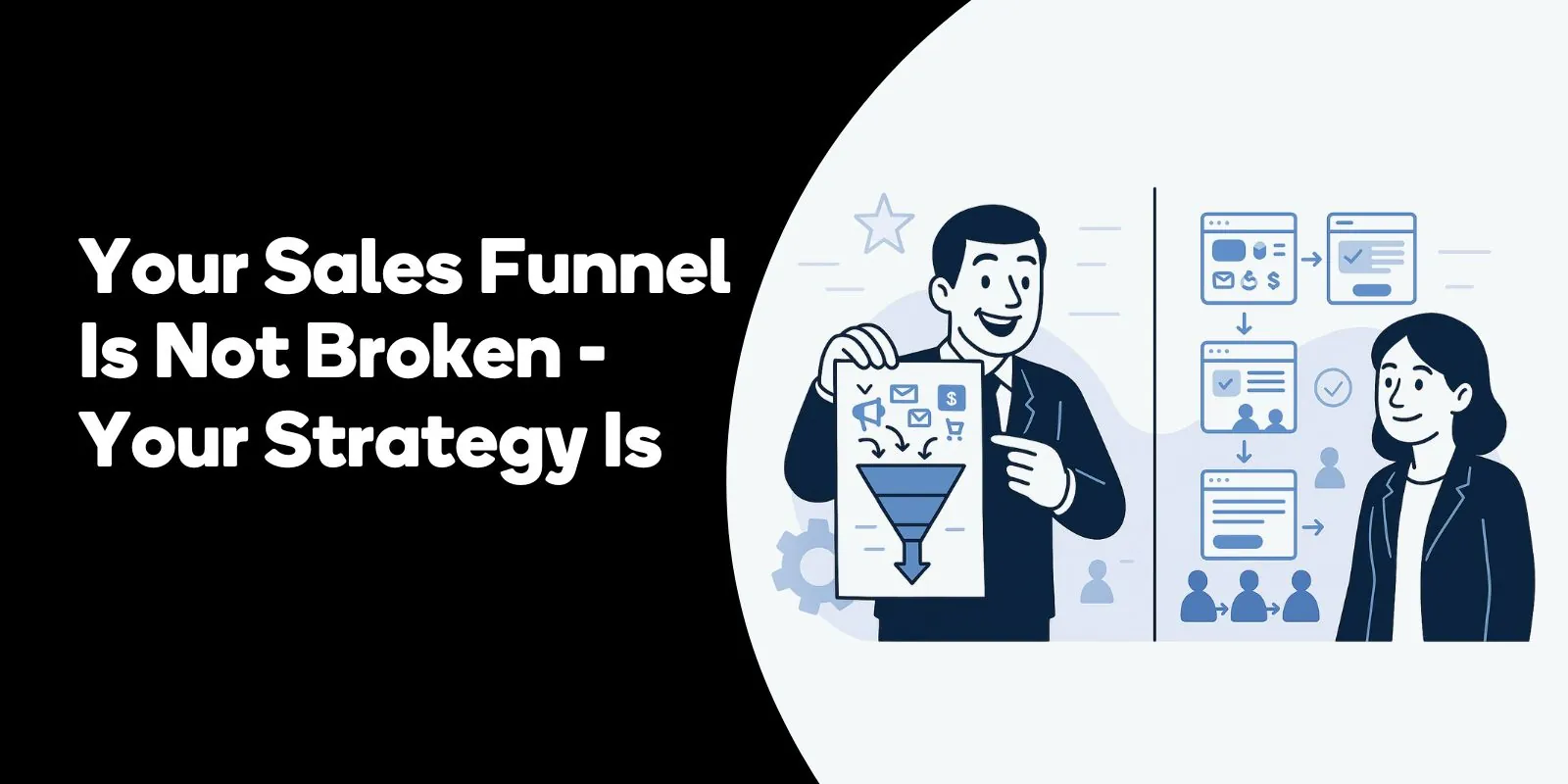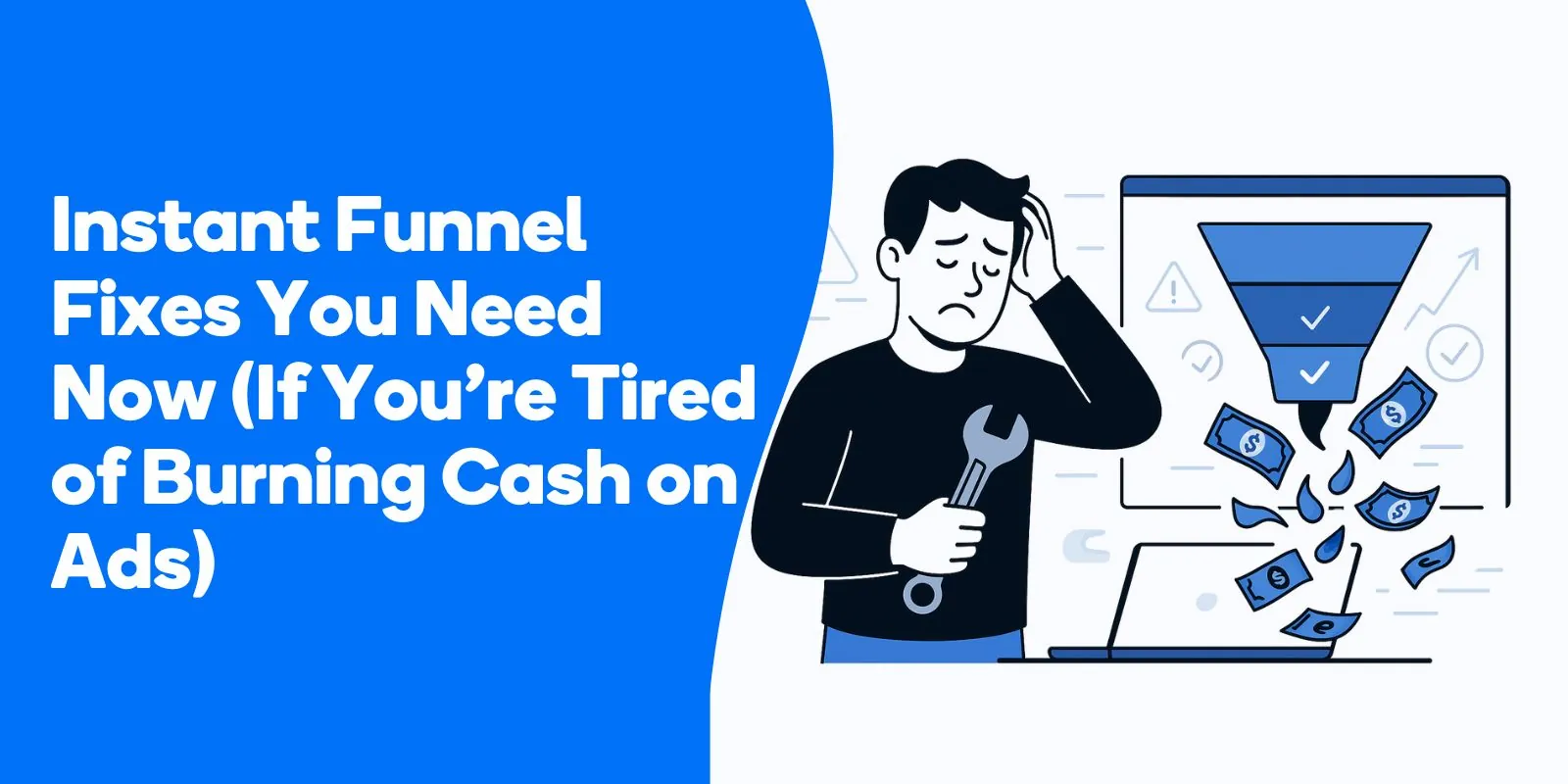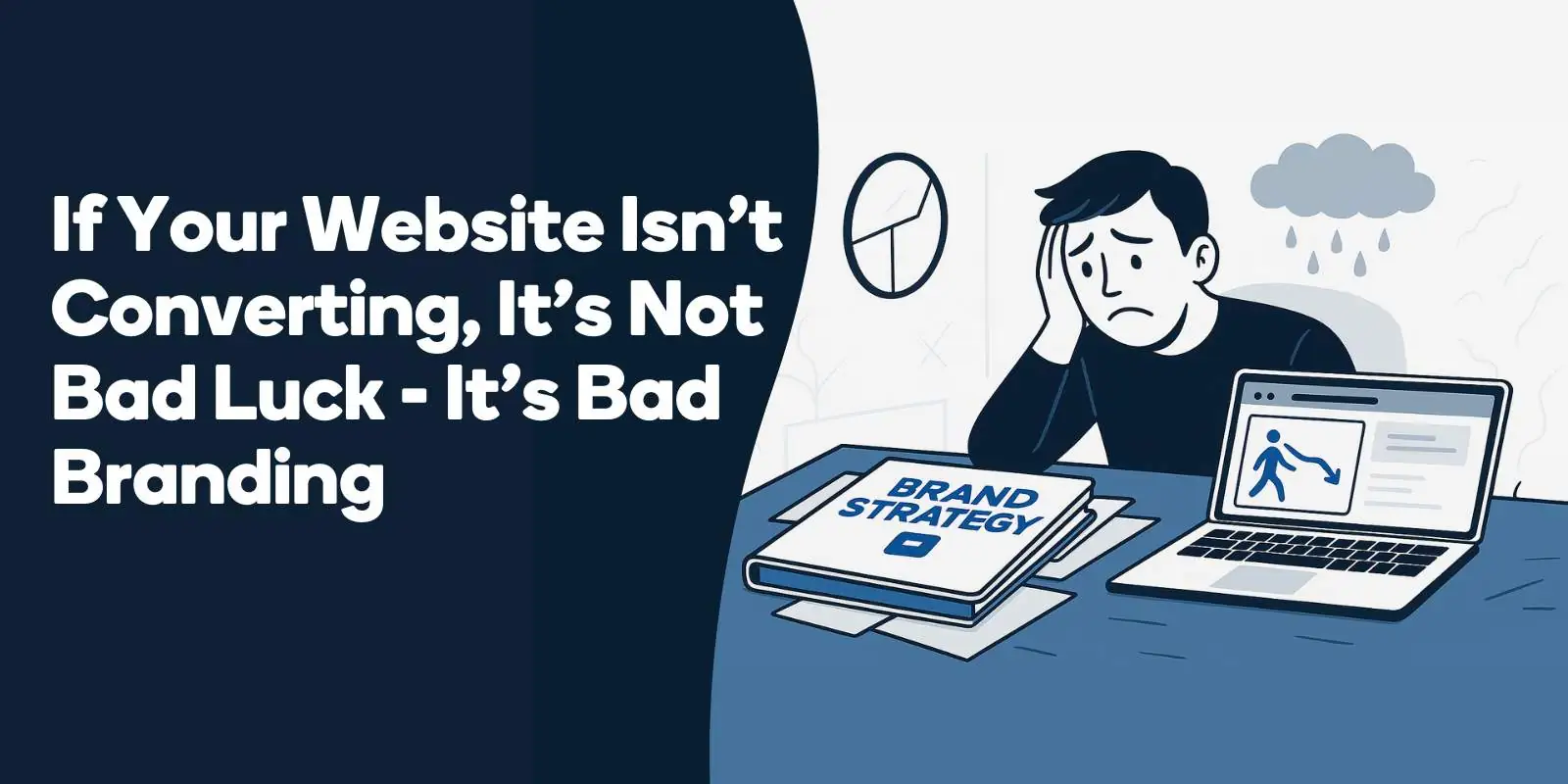Creating a custom web design can have a substantial impact on your business by setting it apart from competitors and emphasizing your exclusive brand identity.
This blog post will dive into the importance of custom web design and provide practical suggestions on how to establish an unforgettable online presence.
The Significance of Custom Web Design for Setting Your Website Apart: Why a tailor-made web design is essential for making your website distinguishable
One-of-a-Kind Web Design: In the modern digital world, possessing a distinctive and captivating online presence is vital for businesses.
A custom web design enables you to construct a unique website that mirrors your brand’s personality, connects with your target audience, and effectively differentiates you from your competitors.
Rise Above the Competition: An expertly crafted custom web design not only puts your brand identity on display but also lays the groundwork for user experience.
It allows you to stand out amid a sea of competitors and entices users to explore your website further, ultimately leading to increased conversions and fostering customer loyalty.
Brand identity: Your website often serves as the first point of contact between your brand and potential customers.
Custom web design enables you to create a consistent brand identity, ensuring that your website accurately represents your business and communicates your unique value proposition.
Key Elements of Custom Web Design: Crafting a Website Tailored to Your Brand
Incorporating essential elements of custom web design to build a website that genuinely reflects your brand
User experience (UX): Designing a user-friendly website is vital for maintaining visitor engagement and encouraging exploration of your site.
Custom web design allows you to create a seamless user experience tailored to your audience’s needs, preferences, and expectations.
Visual storytelling: A well-designed website narrates a compelling story about your c, products, or services.
With custom web design, you can create an eye-catching layout, incorporate captivating imagery, and develop engaging content that effectively conveys your brand’s message.
Tailored functionality: Custom web design lets you include unique features and functionality catering to your specific business requirements.
This may consist of interactive elements, multimedia content, or e-commerce capabilities that enhance your website’s user experience.
Personalized layouts: Designing custom website layouts enables you to better organize and present your content in a visually appealing and navigable manner.
This not only enhances the user experience but also helps communicate your brand’s message more effectively.
Bespoke typography: Custom typography is a crucial aspect of web design that can significantly impact your website’s overall appearance.
Using unique fonts and font combinations allows you to create a distinct visual identity that distinguishes your site from competitors.
Custom color schemes: A thoughtfully chosen color scheme can greatly affect your website’s aesthetics and trigger specific emotions or associations.

Award-Winning
Sales Funnel & Website Expert
Discover How My Agency Can Grow Your Business
- Website: Our websites are the perfect blend of form and function.
- Sales Funnel: We build sales funnels that turn leads into customers.
- SEO: Get found online with our expert SEO services.
Custom web design enables you to develop a unique color palette that aligns with your brand identity and augments your website’s visual appeal.
Creating a Custom Web Design That Resonates with Your Target Audience: Designing a website that caters to the needs and preferences of your specific target audience
User-centric design: To craft a custom web design that resonates with your target audience, it’s vital to prioritize their needs and preferences.
This means designing your website with user experience in mind, ensuring it is easy to navigate, visually appealing, and relevant to your audience.
Content strategy: A well-conceived content strategy is crucial for creating a custom web design that appeals to your target audience.
This involves producing high-quality, engaging content that addresses your audience’s needs, interests, and pain points, as well as incorporating relevant keywords for search engine optimization (SEO).
Adapting to a Mobile World: Emphasizing the importance of responsive design in custom web design is crucial in our modern, mobile-focused society.
A responsive website seamlessly adapts to various screen sizes and devices, offering an exceptional viewing experience for all users.
This not only boosts user satisfaction but can also improve your website’s search engine rankings.
SEO Best Practices: To effectively reach your target audience and increase your online visibility, it’s vital to incorporate SEO best practices into your custom web design.
This involves optimizing your website’s structure, content, and metadata, while also ensuring quick page load times and mobile compatibility.
Achieving Long-term Success with Custom Web Design: The importance of regular maintenance, updates, and improvements for your custom web design
Website Maintenance: To guarantee your custom web design stays efficient and up-to-date, it’s essential to frequently maintain your website.
This includes addressing any bugs or issues, updating content and features, and consistently monitoring your website’s performance.
Utilizing User Feedback and Testing: Gathering user feedback and carrying out usability testing can offer invaluable insights into the effectiveness of your custom web design.
By evaluating user feedback and making data-driven enhancements, you can optimize your website’s user experience and better accommodate the needs of your target audience.
Staying on Top of Trends: The world of web design is continuously evolving, with new trends and technologies regularly emerging.
In order to maintain a competitive advantage, it’s crucial to stay informed about the latest advancements in custom web design and implement innovative techniques that improve your website’s functionality and user experience.professional web designer or agency.
Frequently Asked Questions
What is custom web design?
Custom web design is the process of creating a website from scratch to meet specific needs and goals. Unlike template-based designs, custom designs are uniquely tailored for your business, incorporating your brand identity, and offering a unique user experience.
Custom web design allows for greater flexibility and adaptability in terms of features, functionality, and aesthetics. In addition, custom websites are often better optimized for search engines and mobile devices.
How can I create my own website design?
Creating your own website design involves several steps.
- Plan Your Site: Identify your site’s purpose, target audience, and content.
- Design Your Site: This includes choosing a color scheme, layout, typography, and imagery that aligns with your brand.
- Create Your Site: You can use website builders like Wix, WordPress, or Squarespace to create your website. These platforms often come with drag-and-drop features that make it easy to build your site, even without coding knowledge.
- Optimize Your Site: Use SEO best practices to increase your site’s visibility on search engines. This includes using keywords, optimizing images, and ensuring your site loads quickly.
- Test Your Site: Before launching, test your site on various devices and browsers to ensure it works properly.
How much does it cost to create a website?
The cost to create a website can vary greatly, depending on your specific needs and the complexity of the site. If you’re using a DIY website builder, costs could range from $100 to $500 per year for the platform subscription and domain name.
If you’re hiring a professional web designer or agency, costs could range from $1,000 to $10,000 or more, depending on the complexity of the site, the number of pages, and additional features like e-commerce functionality or custom coding.
Is web designer free?
There are some free tools and platforms available for web design, such as free versions of website builders like Wix, WordPress, and Squarespace. However, these free versions often have limitations and may include the platform’s branding on your site. Additionally, professional web designers typically charge for their services.
How much do I pay a web designer?
The cost to hire a web designer can vary greatly depending on the complexity of the project, the designer’s experience level, and your geographical location. As of 2024, a simple website design from a freelance designer might cost between $1,000 to $3,000.
More complex websites, such as e-commerce sites, can range from $5,000 to $10,000 or more. Web design agencies tend to charge higher rates, often $10,000 to $50,000 or more, depending on the project’s size and complexity.
How much should I spend on a web designer?
The amount you should spend on a web designer depends on your business needs, budget, and the complexity of your website. If you’re a small business or startup with a tight budget, you may opt for a simple website design or use a DIY website builder.
However, if your website requires complex features, is e-commerce based, or you aim for a unique user experience and aesthetics, investing in a professional web designer or agency might be beneficial. In general, consider your website as an investment. A well-designed and functional website can drive traffic, improve conversions, and contribute significantly to your business success.
Conclusion
Custom web design is an indispensable asset for businesses aiming to establish a distinctive online presence and strengthen their brand identity.
By integrating key elements of custom web design and focusing on your target audience’s requirements, you can develop a website that distinguishes you from the competition and leaves a lasting impact on your visitors.
Consistent maintenance, user feedback, and staying ahead of trends will ensure your custom web design remains efficient and pertinent for years to come.






